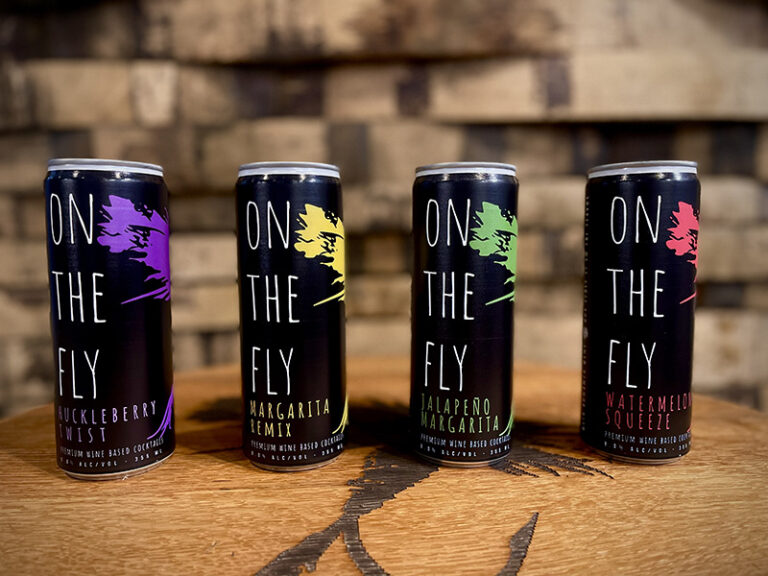After a prolonged rough patch—a monotonous months-long streak of runs when I felt lethargic and low-key miserable—I am back to loving running. There are several likely contributing factors (hydrating better, adjusting my vitamin intake, being less rigid about my goals), but I’ve wondered if game changer #1 is simply that it’s not hot outside. Whether you are like me and look forward to cooler runs or you dread this time of year, there are many upsides to winter running that will benefit both mind and body.
Take It Easy
While it takes longer for muscles to warm up when temperatures drop, in colder and less humid climates heart rates lower correspondingly. Many people find that a run in winter feels easier than it would in summer. If you’re one of them, capitalize on the opportunity to get in that long run or hill workout, or just take a moment to be grateful that post-run recovery happens more quickly. Remember: You’ll probably sweat less, but it’s still important to hydrate before, during, and after runs, even when it’s chilly outside.
Blinded by the Light
When midnight-level darkness descends by 3:45 pm, it’s tempting to burrow in the house and sleep until spring. There’s something to be said for leaning into the couch potato-ness of it all, but pair that with regular outdoor runs to maintain equilibrium. Running in the sun feels more rewarding in winter than any other time, so soak up Vitamin D in the slim pockets of daylight you can find. Vitamin D contributes to stronger bones—without it, your body can’t absorb calcium. It also has properties that support immune health, muscle function and brain cell activity, according to the Mayo Clinic. Vitamin D also impacts mental health: A recent study of operating room nurses found mental health improvements following low-level sunlight exposure. Enjoy the mood boost, then head back inside for that long winter’s nap, if you still want it. Remember: Wear broad spectrum sunscreen year-round to stay protected from UV rays.
The Sound of Silence
In the winter, the pace of life naturally slows. Running on less busy roads and trails can be a refreshing break full of sensory experiences that are harder to notice at other times—the crunch of snow under your shoes, the puffs of misty breath in the air, the shimmer of cafe lights and frosty branches and frozen ponds. Remember: Wear reflective gear and a clip-on light when running in the dark or in bad weather. Traction aids that slip over shoes or trail running shoes can help you stay stable on slippery surfaces.
Let It Be
Exact numbers are hard to estimate, but Seasonal Affective Disorder, triggered by the changing seasons, impacts millions of Americans each year. Countless others also experience milder cases of the winter doldrums. Physical activity can ease depression symptoms and relieve anxiety, and can help you sleep better, according to the CDC. Going for an outdoor run can shift your state of mind, affecting the biochemical substances released in the bloodstream and taking your mind off of stressors. “Exercise has a dramatic antidepressive effect,” according to David Linden, Ph.D, a professor of neuroscience at Johns Hopkins University School of Medicine. “It blunts the brain’s response to physical and emotional stress.” Remember: If you are struggling with your mental health, please see a medical professional.
Sarah Hauge is a writer and editor who lives in Spokane with her husband and two children. This winter she’ll start gearing up for the Negative Split half marathon.













